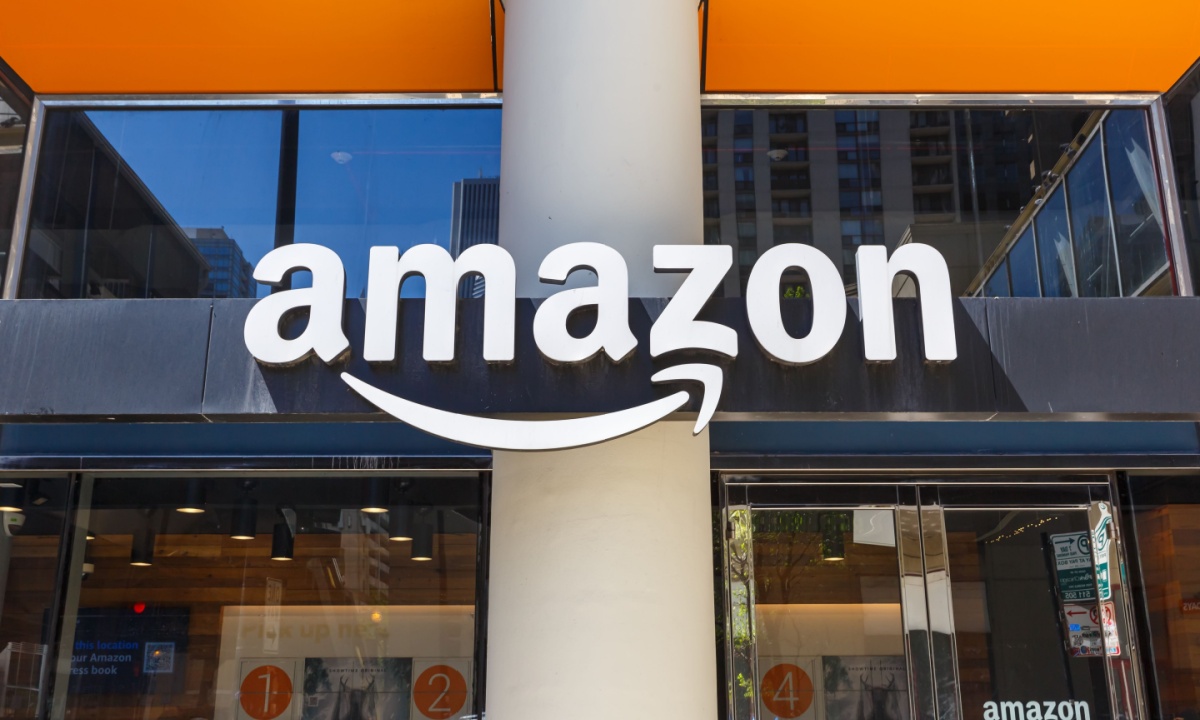
India’s Commerce Minister, Piyush Goyal, has raised concerns over the business practices of Amazon and other eCommerce giants, accusing them of engaging in predatory pricing that threatens millions of traditional brick-and-mortar stores across the country. According to Reuters, Goyal singled out Amazon’s strategies, suggesting that the company’s significant investments in India have often been used to offset business losses rather than contribute to the country’s economic growth.
Amazon, along with Walmart-owned Flipkart, has dramatically transformed India’s retail sector in recent years. Both companies have poured billions of dollars into expanding their operations and enticing customers with attractive discounts. However, Indian regulations prohibit these e-commerce platforms from directly selling products to consumers. Instead, they are only allowed to function as marketplaces for third-party sellers. Despite this, small retailers frequently allege that these regulations are sidestepped through complex business structures, allowing the e-commerce giants to maintain a dominant market position.
During an event in New Delhi, Goyal expressed skepticism about Amazon’s pricing and financial practices, questioning the true purpose of its investments. “When Amazon says we are going to invest a billion dollars in India and we all celebrate, we forget the underlying story that the billion dollars is not coming in for any great service,” Goyal remarked. Per Reuters, he hinted that these investments might be covering up predatory pricing tactics, as Amazon’s losses suggest that the company is not operating within the regulatory framework that forbids direct sales to consumers.
Read more: US Lobby Group Urges India to Reconsider Proposed EU-Like Competition Law
Amazon has announced plans to increase its investment in India to $26 billion by 2030, including investments in its cloud services. The company also aims to boost merchandise exports from India to $20 billion by 2025. Despite these ambitious goals, Goyal’s recent remarks reflect his ongoing criticism of U.S.-based e-commerce companies. In 2021, he accused these firms of exploiting their scale and access to vast amounts of low-cost capital to the detriment of small, family-run stores, accusing them of blatantly violating Indian laws.
A special report by Reuters in 2021 revealed that Amazon’s internal documents indicated the company had favored a small group of sellers on its Indian platform, offering them discounted fees and using them to circumvent foreign investment regulations. Amazon, at the time, asserted its compliance with local laws and denied providing preferential treatment to any seller. However, following these revelations, it was announced that two of Amazon’s major sellers involved in the allegations would cease operations on the platform.
Goyal’s comments underscore his concerns over the practices of e-commerce companies in India. “They create entities … when they get caught, they start closing down those entities,” Goyal stated, highlighting the challenges of enforcing regulations in the rapidly evolving digital marketplace.
Source: Reuters
Featured News
Big Tech Braces for Potential Changes Under a Second Trump Presidency
Nov 6, 2024 by
CPI
Trump’s Potential Shift in US Antitrust Policy Raises Questions for Big Tech and Mergers
Nov 6, 2024 by
CPI
EU Set to Fine Apple in First Major Enforcement of Digital Markets Act
Nov 5, 2024 by
CPI
Six Indicted in Federal Bid-Rigging Schemes Involving Government IT Contracts
Nov 5, 2024 by
CPI
Ireland Secures First €3 Billion Apple Tax Payment, Boosting Exchequer Funds
Nov 5, 2024 by
CPI
Antitrust Mix by CPI
Antitrust Chronicle® – Remedies Revisited
Oct 30, 2024 by
CPI
Fixing the Fix: Updating Policy on Merger Remedies
Oct 30, 2024 by
CPI
Methodology Matters: The 2017 FTC Remedies Study
Oct 30, 2024 by
CPI
U.S. v. AT&T: Five Lessons for Vertical Merger Enforcement
Oct 30, 2024 by
CPI
The Search for Antitrust Remedies in Tech Leads Beyond Antitrust
Oct 30, 2024 by
CPI